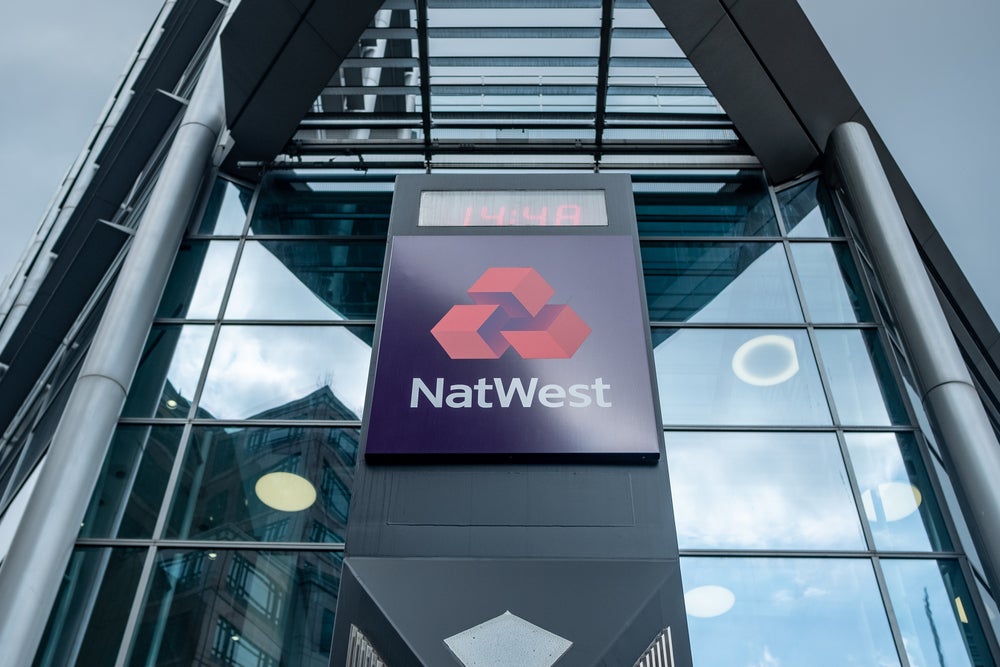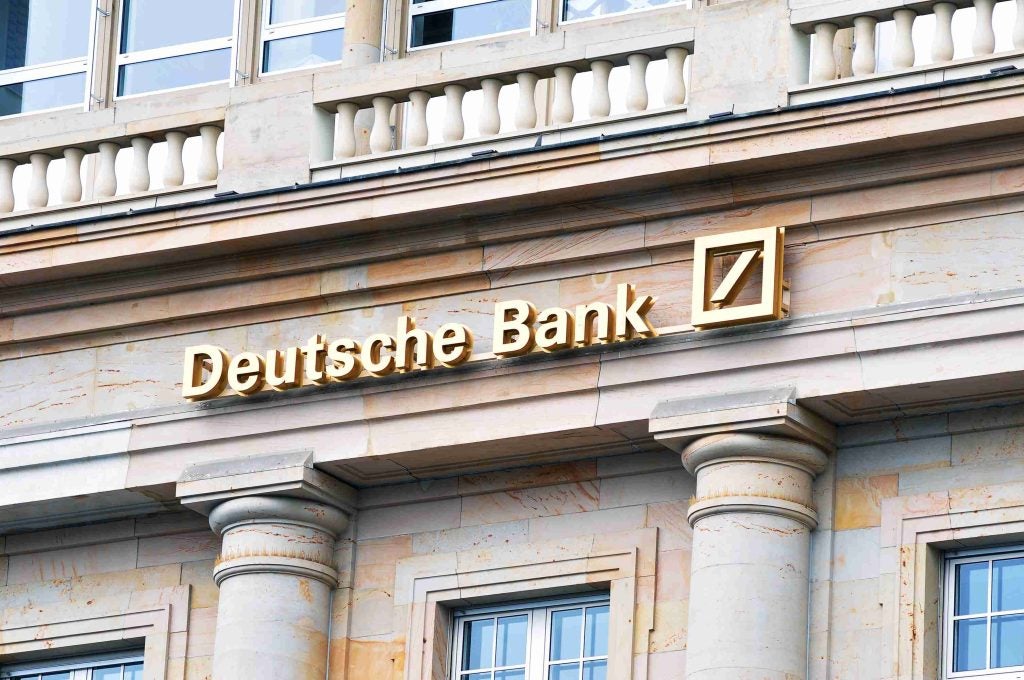The Mexican private banking market has unique features such as a relatively small base of UHNWIs, a high level of offshore investments and domination by foreign-owned banks. However, in recent times the country has been plagued with fiscal deficits and slump in HWNI numbers. Robin Arnfield finds out how the private banking landscape has been affected
Mexico is a huge centre of wealth in Latin America, alongside Brazil, jointly constituting two-thirds of all assets under management (AuM) in Latin America. Brazil’s economic and political meltdown over the last two years has made Mexico all the more important for foreign banks seeking to bolster their presence in the region.
So far, the Mexican private banking market has been characterised by large margins and only limited competition. The Federal Economic Competition Commission (Comisión Federal de Competencia Económica/COFECE) has tried to introduce greater transparency and competition into the private banking market, which is served by roughly 50 banks and is dominated by two large foreign-owned banks, BBVA Bancomer (Spain’s BBVA) and Banamex (Citi). These two banks together control nearly half of Mexican assets under management (AuM).
Mexico’s high net worth (HNW) population is relatively small and mainly managed through financial advisors, with asset custody being held by foreign-owned banks, says Antonio Díaz Bonnet, a Private Banker at New York-based Compass Group’s Mexican unit.
As HNW Mexicans typically buy their houses in cash, mortgages aren’t a significant source of revenue for private banks, informs William Trout, Senior Analyst, Wealth Management, at Celent.
In recent years, Mexico has experienced an increase in country risk due to the downward tendency in oil prices causing bigger fiscal deficits and lower GDP as a result of slower global growth. The country has also felt similar economic shocks to other once fast-growing emerging markets, as commodity prices slump alongside local currencies
How well do you really know your competitors?
Access the most comprehensive Company Profiles on the market, powered by GlobalData. Save hours of research. Gain competitive edge.

Thank you!
Your download email will arrive shortly
Not ready to buy yet? Download a free sample
We are confident about the unique quality of our Company Profiles. However, we want you to make the most beneficial decision for your business, so we offer a free sample that you can download by submitting the below form
By GlobalData“We’ve also suffered a profound movement in exchange rates globally because of the flight to quality, Brexit, terrorism, the expectation of higher interest rates from the Fed, and outflows from emerging markets,” says Díaz. “Mexican political risk issues include outbreaks of violence due to the drug cartels and protests about educational reforms and about the Government. However, we feel optimistic for the next few years due to better GDPs globally, especially in the US which Mexico is greatly dependent on.”
However all is not bleak in Mexico’s wealth management arena. Oliver Williams, head of WealthInsight says Mexico is more likely to receive an economic boost from a growing US than any other emerging country. “We forecast Mexican GDP growth will increase to 3% in 2017 from an expected 2.7% in 2016,” he adds.
Reign of foreign banks but local players set to rise
According to Williams, foreign private banks have traditionally dominated the Mexican wealth management market for two reasons.
“Institutions based in developed countries command higher trust with HNWIs from emerging economies. This is especially evident in South America where BCG estimates 25% of total private wealth is held offshore, more than any other region. Secondly, foreign private banks are able to rely on a global infrastructure to offer superior services that local institutions simply don’t have the economy of scale to provide.”
However, as Mexico’s HNWI population increases – WealthInsight forecasts an 11.8% increase in volume, and a 29.9% increase in wealth by 2019 – the number and size of local wealth managers will increase, Williams says.
The efforts of COFECE (Federal Economic Competition Commission) and President Enrique Peña Nieto’s government to introduce greater competition to the Mexican economy and “undercut the power of monopolies in the broadcast media, transport, and natural resources sectors are encouraging, and bode well for the economy’s continued growth”, Celent’s Trout says.

The offshore-onshore split
Industry players have different opinions when it comes to the offshore-onshore split of a typical Mexican private banking client’s portfolio. “Based on my experience and data from the Asociación Mexicana de Asesores Independientes de Inversiones/Mexican Association of Investment Advisors (AMAII) while I was its President in 2009-2012, a typical Mexican private banking client’s portfolio is 50% onshore and 50% offshore,” Díaz Bonnet says.
“During the 1980s and 1990s financial crises, clients diversified their assets abroad due to the lack of certainty. However, the Mexican Stock Exchange (Bolsa Mexicana de Valores/BMV) now provides international securities with a hedge in US dollars through its Sistema Internacional de Cotizaciones platform (SIC/international quotation system),” he adds.
Trout sees the offshore-onshore split differently. “The vast majority of HNW portfolios are held offshore, from three-quarters of assets in some cases to 100% depending on the wealth of the investor, their public profile, etc. The reasons include currency stability (particularly the US dollar) compared to the Peso, and fear of the taxman.
“Much wealth in Mexico is derived from family-owned businesses, which may have some liquidity needs even as they generate cash. Such considerations may influence the amount kept onshore. But, generally, HNWIs will try to keep as little as possible in Mexico in Pesos. Offshore offers significant protection from fiscal risk (tax) as well as protection against inflation and physical risks such as kidnapping,” explains Trout.
Data from WealthInsight shows that Mexican HNWIs held 22.3% ($167.7bn) of their wealth outside Mexico in 2014. The amount of assets invested overseas is only slightly above the global average of 20%, but exceeds the developed country average. Moreover, WealthInsight expects foreign asset holdings to increase to around $238bn by 2019, accounting for 23.2% of total HNWI assets.
“Mexican private banks have a huge incentive to just promote their own products because of the huge revenues they make. Major banks focus on the retail distribution of their own products such as funds and structured notes, irrespective of whether clients are HNW or standard. Also, most of the private bankers don’t have enough experience to handle sophisticated clients.
“My view is that private banking services can only be effectively provided by financial advisors. Large Mexican banks have conflicts of interest regarding the sale of their own products to clients’ portfolios due to their staff’s compensation from commissions and fees,” says Díaz Bonnet.
According to Trout, offshore will be open architecture, with access to private funds being highly prized in the Mexican private banking market. “Domestically, there is still a strong push to sell the banks’ own products.”
Within Mexico, there’s a limited provision of venture capital investments onshore but Mexican clients can access extensive offshore markets. “Some of the foreign-owned banks are in a better position to serve Mexican HNWIs than domestic banks, given their foreign parents’ access to a broad range of investment portfolios and products. These foreign-owned banks tend to convince their clients to open accounts offshore to gain access to a wide universe of asset classes,” says Trout.
“Access to alternatives such as venture capital is achieved via offshore accounts, for example through partnerships with Credit Suisse and other global asset managers. BBVA Bancomer has partnered with BlackRock, Franklin Templeton and others,” he adds.
Alternatives are currently the smallest class for Mexican HNWIs, making up just 5% of AUM and this will remain so up to 2019, with an estimated growth of just 0.3% in the five years from 2014, according to Williams. “Real estate continues to be the largest asset class, with 45.2% of HNWI assets invested in this area,” he says.

Family office landscape
Family office services are important in the Mexican market. Apart from managing assets, works of art, tax, inheritances and trusts for their clients, family office firms often have significant stakes in companies quoted on the Mexican Stock Exchange.
“While family office services are important in Mexico, these services aren’t typically explicitly defined as ‘family office’, since nearly all wealth is family-owned – typically centered around an operating business,” notes Trout.
“Many Mexican HNWIs seeking to set up family offices will do so abroad, normally in the US,” says Williams.
The impact of regulations
In terms of the regulatory environment, the Foreign Account Tax Compliance Act (FATCA) plays a prominent role in Mexican private banking, with agreements with the US government to become more transparent in providing the bank details of HNWIs seeking to avoid tax in the US. “This has increased transparency in the Mexican private banking sector, but has also reduced deposited funds, as many US-based HNWIs are refused services in Mexico,” says Williams.
“When FATCA appeared, it led to concerns about US investments due to the requirement to disclose financial information,” says Díaz Bonnet. “Some Mexican private bankers recommended investing in Europe and moving funds back to Mexico. But, if clients keep their tax affairs in good order, they can maintain their US accounts. The US AML legislation has forced Mexican banks to increase their investments in systems, compliance officers, and legal procedures, and has generated highly complex procedures that complicate the opening of new private banking accounts.”
“The fact that Mexican HNWIs typically maintain significant assets (both liquid and illiquid) in the US has reinforced the urgency of compliance efforts, says Trout adding: “There is great awareness of FATCA and AML, and both domestic and especially foreign banks, for example JPMorgan Chase, have stepped up efforts in these areas, including investments in front- and back-office technology.”
“A major problem faced by the Mexican banking system is money-laundering for Mexican drug cartels which face a crack-down by the US government,” says Williams.
“Scrutiny of foreign and domestic banks intensified after the $1.9 billion penalty imposed by the US on HSBC for money-laundering in 2012. Since then, some institutions such as Bank of America, Citi and Deutsche Bank have scaled down or closed their Mexican operations. To address this issue, Mexican financial authorities have developed flexible know-your-customer (KYC) standards, which will become more stringent as restrictions on transaction amounts and volumes eases.
Many banks, many strategies
Different banks in Mexico have their own products and service strategies.
José Ramón Quintanal, Business Head, México City Metropolitan Area, at Banamex’s Banca Patrimonial y Privada (private banking and wealth) unit says the institution offers managed portfolios, mutual funds, money market accounts, equities, structured notes, warrants, and alternative investments. “Our banking products are DDAs (demand deposit accounts), online banking, credit cards, FX, personal loans, mortgages, and auto/home insurance.
“From time to time depending on opportunities we identify, we offer access to venture capital funds, private equity funds, foreign stock markets or Exchange Traded Funds (ETFs). These are promoted on a case-by-case basis. Access to foreign equity markets is provided through the SIC international quotation system, which includes stocks and ETFs.”
Banamex’s credit offering includes personal loans, mortgage and securities pledge financing (Crédito Prenda Bursatil), which involves securities being pledged for loans.
“Our mutual fund investment offering is proprietary and provided by our Banamex Asset Management subsidiary as well as by Banamex Treasury,” says Quintanal. “We have around 30% of the Mexican market, making us a leading WM provider. Our private banking offering is only onshore, and clients use a US bank for offshore US access.”
On the other hand, BBVA Bancomer takes a broad view of clients’ financial health, engaging around non-financial matters (concierge health services, investor education for clients’ children, travel and lifestyle opportunities). “This is a way to support clients’ entire families and ensure relationship continuity by engaging and familiarising younger family members with the bank’s offerings,” says Trout.
According to Victor Piña Piñero, BBVA Bancomer’s Director of Private Bank Strategy and Investment, the bank caters to three segments – UHNWIs, private clients, and wealth management (Banca Patrimonial) clients – and is “exclusively onshore”.
“All our clients undergo a thorough profiling process to ensure the suitability of our offerings. We’ve entered strategic partnerships with external providers ranging from specialised insurance services to health, education, succession planning, exclusive travel and concierge services, as well as with art advisory services and high-end automotive companies, private jet services and watchmakers. These non-financial services are an important part of the premium platform we offer our private banking clients,” adds Piña Piñero.
“Our investment process seeks an absolute return, in that it explicitly targets a return in excess of inflation, notwithstanding market conditions,” says Piña Piñero. “We emphasise capital preservation, consistency in returns and protection against large losses, and classify all financial instruments recommended to clients not in terms of asset class but in terms of their varying degree of risk.”
Banamex offers access to private equity funds through CKDs (Certificado de Capital de Desarrollo/development capital certificate), Mexican-listed instruments used to finance long-term projects in privately-held firms. “We provide access to foreign stocks and international ETFs that are listed on the SIC international quotation platform,” says Piña Piñero. “Bancomer also has a proprietary family of ETFs that provide access to domestic and international markets.
“Many of our private banking clients are also important corporate clients. We offer our private clients traditional mortgages, auto loans, consumer loans and credit cards. When these clients are also business-owners, we offer them not just corporate credit lines but also a broad array of corporate and investment banking services, ranging from FX to M&A advisory services. Bancomer private bankers frequently partner with their equivalents on the commercial or investment banking side to ensure clients are completely covered in terms of all possible financial needs.”
Bancomer has an open architecture product strategy and aims to provide “the best solution to our clients, regardless of who the advisor/investment manager is”, says Piña Piñero. “We currently offer direct access to funds from Blackrock, Morgan Stanley, Pioneer Investments and Franklin Templeton. We have also launched “Fondos de Estrategias” (Funds of Strategies), a funds family that invests in a number of absolute return products listed abroad and leverages BBVA’s global expertise,” he adds.
New York-based financial advisory firm Compass Group, with AUM of $32bn, has branches in Mexico, Panama, Colombia, Chile, Uruguay and Argentina. Its core business is private banking (HNWIs) and institutional investors (pension funds and family offices).
“In Mexico, we offer financial services onshore and offshore,” says Compass’s Díaz Bonnet. “Our principles include personal, customised service, and AuM in custody with solid financial institutions, with individual accounts registered for each client. We act independently from financial institutions, with no conflict of interest.”
As for Scotia Wealth Management México, it offers investments in both domestic and international debt, capital, and structured products markets in accordance with individual clients’ risk profiles, says Omar Saavedra, Scotia Wealth Management’s Deputy Director of Market Strategies. Scotia offers its private clients access to security pledge financing, CKDs, and, through the SIC international quotation system, investments in ETFs in the international debt markets, capital markets, commodities and currencies.
“Our open architecture is one of our competitive advantages. For example, we offer structured products from other institutions, investment funds from third-party managers, and Scotiabank-branded investment funds, which are managed by a third party,” says Saavedra.







